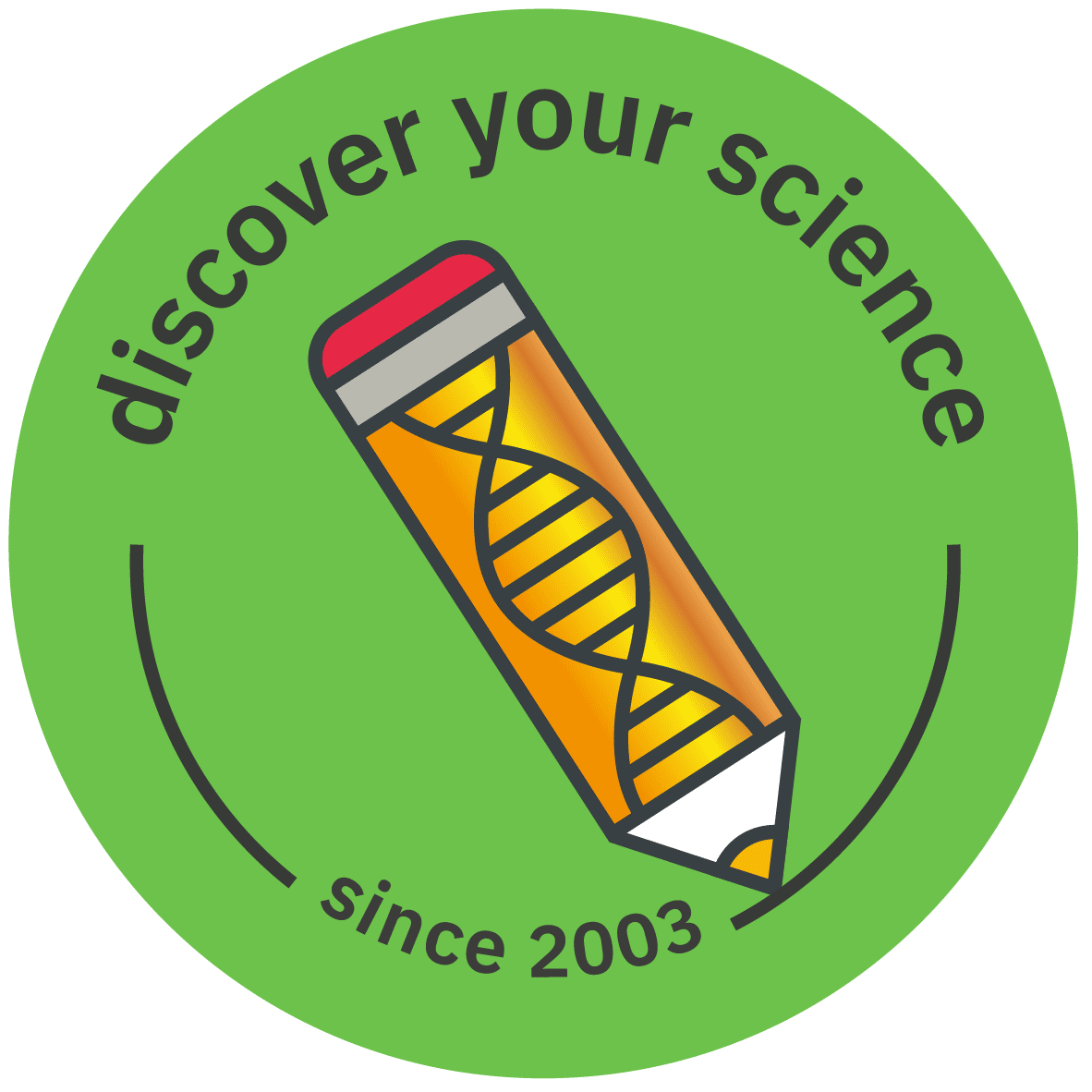Introducing your microbiome, autumn 2020
Overview
Advances in research are constantly expanding our understanding of the microbes that inhabit our bodies. EMBL’s European Learning Laboratory for the Life Sciences in collaboration with the Public Engagement team at EMBL-EBI invites secondary school science teachers to explore this exciting area of biology in a virtual training course this autumn entitled ‘Introducing your microbiome’.
The course is free of charge, and the modular structure means participants can attend the full course or select individual modules. The workload is designed to fit around a busy teacher’s schedule. The full course runs from 2 November to 7 December 2020, and comprises:
- Module 1: an overview of current human microbiome research
- Module 2: bioinformatics as tool in microbiome research, plus exercises for the classroom
- Module 3: microbiome research in health and disease, with teaching activities
- Module 4: working in small teams, participants develop their own educational materials about the microbiome
Modules 1-3 are one week long each, module 4 takes two weeks. Places for module 4 are limited and are allocated on a first-come, first-serve basis.
The modular professional training course for secondary school science teachers provides insights into the latest advances in basic research of the human microbiome and examples of how aspects of microbiome research can be transferred to the classroom.
The full course will:
- provide insight into current developments of human microbiome research
- introduce research topics on microbiome in health and disease
- give participants the opportunity to connect to active researchers in the field
- familiarise participants with free teaching resources for secondary schools on the human microbiome from EMBL-ELLS and other education providers
- give participants the opportunity to co-develop their own educational resource on the topic in collaboration with teachers from across the world
The training course is organised by the European Learning Laboratory of EMBL (EMBL-ELLS) in collaboration with the Public Engagement team at EMBL-EBI.
European Learning Laboratory of EMBL (EMBL-ELLS)
The European Learning Laboratory for the Life Sciences (EMBL-ELLS) is EMBL‘s education facility, which aims to bridge the gap between research and schools. Multifaceted training activities and programmes allow European teachers and secondary school students to experience modern life sciences. They gain access to cutting-edge scientific research and get to know the people inside the laboratories. Besides continued professional development courses for teachers and the development of teaching resources, our activities include the EMBL School Ambassador Programme, projects with local schools as well as the school group visits‘ programme at EMBL. Visit our website for further information about our activities: http://emblog.embl.de/ells/
Public engagement at the European Bioinformatics Institute (EMBL-EBI)
EMBL’s European Bioinformatics Institute (EMBL-EBI) is the world’s leading source of biological and biomolecular data. Our core mission is to enable life science research and its translation to medicine, agriculture, industry and society by providing biological data, tools and knowledge. We are part of the European Molecular Biology Laboratory (EMBL), an open science intergovernmental organisation that has grown to become Europe’s centre of excellence in life science research, services and training. EMBL-EBI is situated on the Wellcome Genome Campus, Hinxton, Cambridgeshire. We aim to share EMBL-EBI’s science and technology in context through a mutually beneficial process of engagement with the general public, educators and students.
Modules, learning formats & assignments
The course will take place online and will be taught through e-lectures, live Q&A sessions, reading material and online exercises.
The full course comprises of four modules. Modules 1-3 are one week long each, module 4 takes two weeks. The modular structure means you can attend the full course or select individual modules. Modules 1-3 can be chosen freely. If you would like to take module 4 you will also need to sign up to at least two modules from modules 1-3.
Each module is self-contained but can be combined with other modules to give a more in depth learning experience. The modules are mainly designed to be self-paced. However, each module features at least one live session where participants meet researchers, course organisers and other participants. Recordings of the live sessions will be made available to participants after the session for the duration of the module. In module 4, participants work in small teams for two weeks to develop a prototype for an educational resource. For the duration of module 4, teams will be asked to arrange group meetings to fit the schedule of the team members. To help with the resource development, each team will also have the opportunity to arrange meetings with the educational experts from ELLS and EMBL researchers during those two weeks.
The workload for completing the compulsory learning content is between 2-7 hours per module (see course schedule for details) to complete the compulsory content of the course. The content of each module comprises compulsory and additional content that is optional. To be eligible for a certificate, participants must have submitted the required compulsory assignments by Tuesday in the week following the module(s).
Requirements & Application
As we anticipate the ELLS virtual LearningLAB to be very popular, we ask participants to only apply if they are certain that they can attend the module they signed up for, or the full duration of the course, respectively. In case you find yourself unable to attend after having received our confirmation email, please notify us as soon as possible by email but no later than 14 days before the start of your first module, so we can give your place to somebody on the waiting list.
Please note that we recommend a minimum English language level of B2 according to the Common European Framework of Reference for Languages in order to successfully complete the course. Please consult this self-assessment chart if you are unsure about your language skills.
Participants receive a certificate of attendance upon completion of the module(s) they attended. To be eligible for a certificate participants must have submitted the required compulsory assignments by Tuesday in the week following the module(s).
Cancellation fees
Please note that cancellations and non-attendance might jeopardise the viability of the course for other participants, and we may charge a course cancellation fee.
Application
Please ensure that you have read all course information before applying and are confident that you can attend if your application is successful.
To apply to attend individual modules or the full course, please fill in the following application form: Application Form
Please indicate in the application form which module(s) you would like to attend.
Application deadline: 15 October 2020, 23:00 CET.
Please note: places for module 4 have been fully booked. You may still apply to attend modules 1-3.
You will be notified of the success of your application via email within 7 days of your application.
Course schedule
The preliminary course schedule may be downloaded here:
The schedule contains information about the timing of the modules, their content, learning formats and estimated workload.

